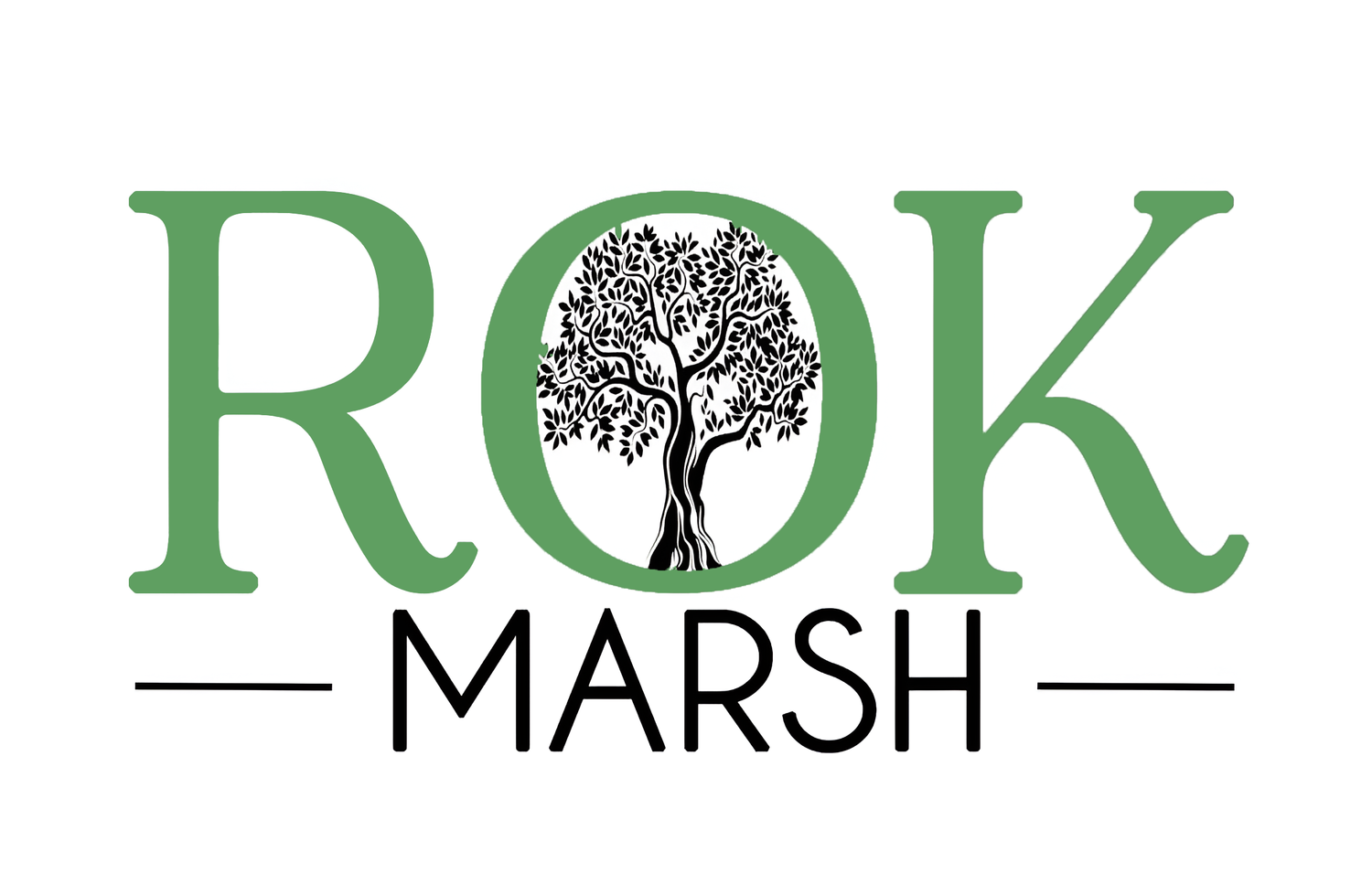A to Z of Mortgage JARGON
When speaking to a mortgage broker, do you ever sit back and think I don’t have a clue what they have just said but we will nod and go along with it! Well, here it is all broken down….
A
Annual Percentage Rate of Charge (APRC) - This shows you the total cost of a mortgage, including fees, over the full term of the mortgage.
B
Base rate - The base rate is set by the Bank of England and determines the interest rates UK banks charge on savings and borrowing money.
C
Capital repayment - ‘Capital’ is the money you’ve borrowed, so a capital repayment is the amount you pay to your mortgage lender every month. This includes some of what you've borrowed and some of the interest on the loan.
D
Decision in principle - Also known as an agreement in principle), this is an indication of how much you could borrow from a mortgage provider. It's based on your income details and expenditure as well as a soft credit check. It shows an estate agent that you’re in a good position to buy a property.
E
Early Repayment Charge - You may have to pay this if you repay all or part of your mortgage early. This includes moving to a different HSBC product or a different lender within a certain period.
F
Fixed rate mortgage - This is a type of mortgage where repayments are set at an agreed amount, for a set period of time, and aren’t affected by changes in interest rates.
H
Higher Lending Charge (HLC) The Higher Lending Charge is a fee sometimes payable by the borrower to the lender to cover the higher risk on lending a higher proportion of the value of a property. This fee provides some protection to a lender against the risk of the borrower defaulting under the mortgage, and the lender being unable to sell the property for enough to cover the amount owed. This fee does not, however, remove or reduce your responsibility as a borrower for repayment of the full mortgage balance.
I
Interest-only mortgage - You will only pay the interest on what you’ve borrowed with this type of mortgage. At the end of the mortgage term you’ll be responsible for repaying the original amount borrowed
L
Loan to Value (LTV) - This represents the percentage of the value of the property that you want to borrow. For example, a £100,000 property with an £80,000 mortgage = an 80% LTV. The maximum LTV we will lend depends on your individual situation, the property, the loan you choose and the amount you borrow.
M
Mortgage illustration - This shows you all the rates and fees for a mortgage. Lenders will set this out in the same format for all their mortgages so it’s easy to compare.
N
New-build property - A new-build property is defined as:
a building that has been built in the last 24 months. This includes property bought directly from a builder or developer
a property that has yet to be occupied for the first time and/or
a house or flat that has been created by the conversion of an existing building into separate self-contained properties, that has not been previously occupied in its present form.
To be eligible for an HSBC mortgage, the property being purchased must have an HSBC recognised satisfactory Structural Defects Warranty.
O
Overpayment - These are additional payments you make over your monthly payments. These can be either regular payments (for example, monthly) or occasional (for example one-off lump sum payments).
P
Porting - You port your mortgage when you move your mortgage from one property to another. Not all mortgages allow for porting, be sure to check the details of each mortgage product.
R
Remortgage - You remortgage when you switch your existing mortgage to a new deal with the same lender or a different lender.
S
Soft credit check - A soft credit check is a type of background check that can be run without your permission. Unlike a ‘hard’ credit check, it doesn’t affect your credit score or any credit applications you might make in the future.
T
Tracker rate mortgage - This is a type of mortgage where the repayments change in line with the Bank of England base rate, so they can go up and down.
U
Underwriting - This is the point in a mortgage application where all the information you have provided is reviewed and a decision is made on whether you can borrow the money you have requested.
V
Variable rate mortgage - A type of mortgage where the interest rate goes up and down according to your provider’s standard variable rate. This is opposite to a fixed rate mortgage, where the rate is the same throughout a set period.







